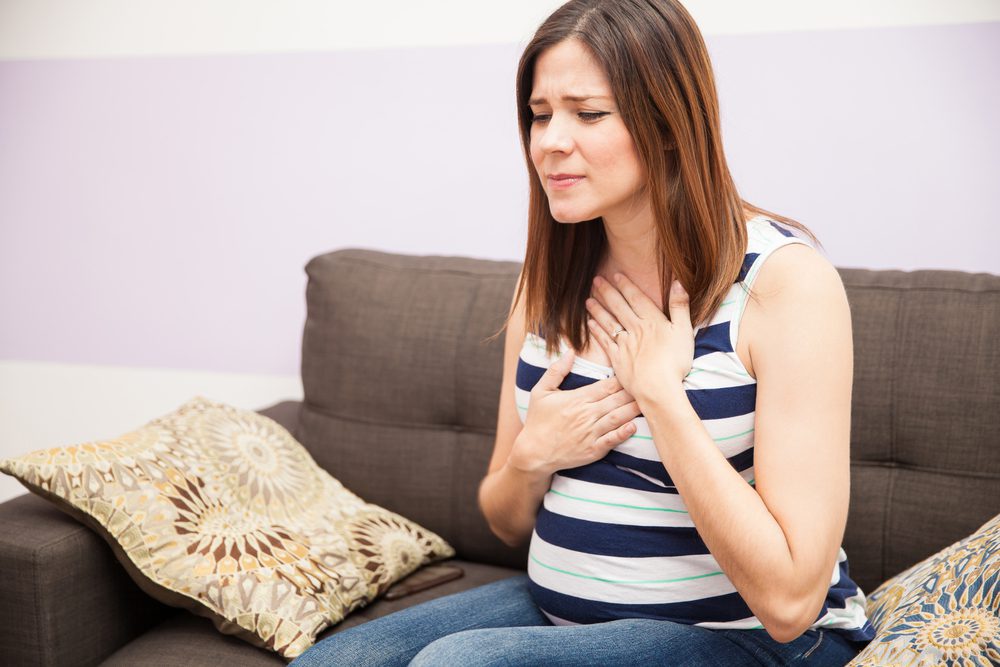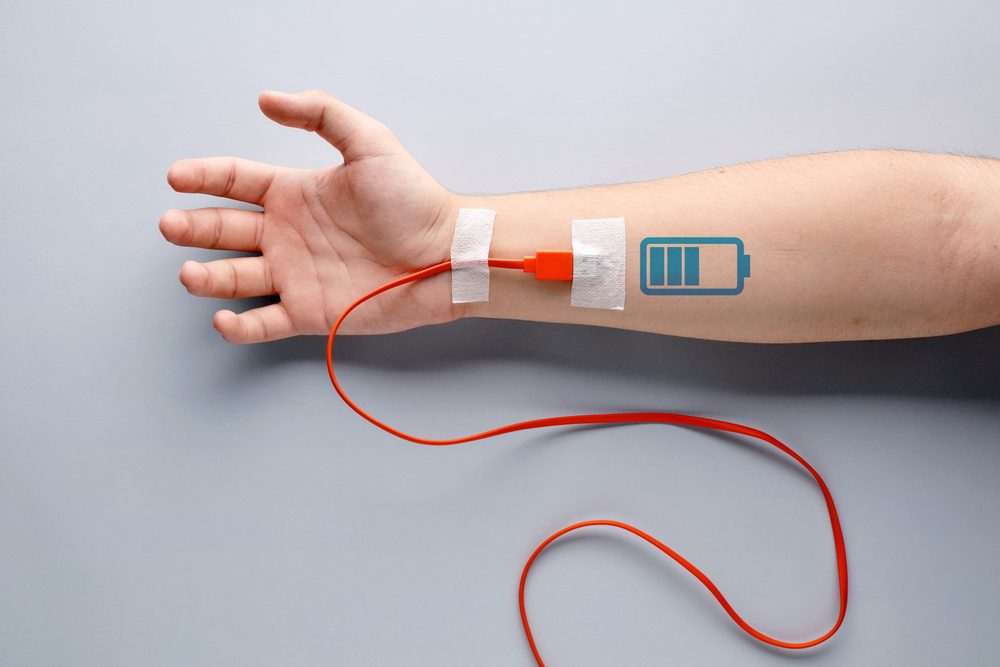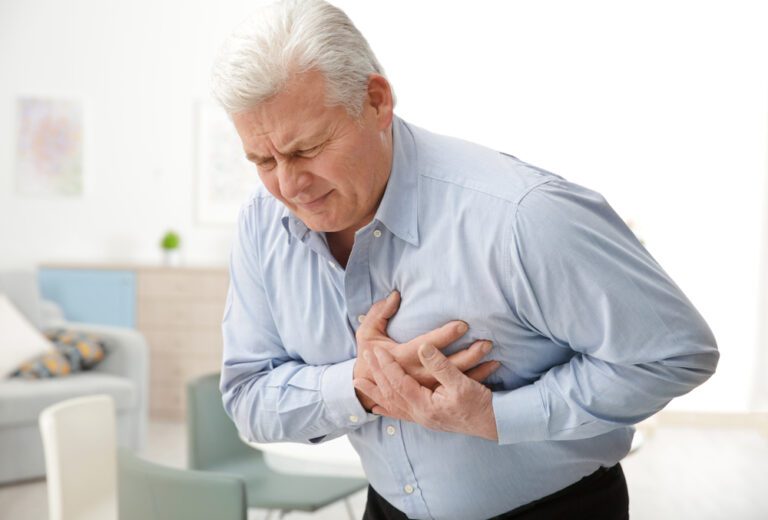As you know by now, your heart is one of the most important organs in your body. You should take care of it and search for different ways and methods to make it even stronger.
According to several studies, it has been found that in the course of a year, there can be up to 600,000 heart disease fatalities. In addition to that, in the United States of America, this health issue is actually the first most common cause of death, followed by the new coronavirus.
If you pay attention to the way your heart is feeling, you will have a long and happy life, so why not take care of it?
It is believed that heart health and mental health are actually linked, given the fact that up to 33% of people who suffered from heart attacks also had symptoms of clinical depression.
Your heart pumps blood through your whole body, so in one way or another, we can say that it is responsible for every cell you have to receive minerals, food, water, vitamins, immune support, and oxygen it needs to function properly.
In today’s article, we wanted to talk to you about a few signs that your heart might not be that healthy. This way, you can know what to do further, in order to live a happy and healthy life!
Here are 11 hidden signs your heart sends you!

Hidden Signs Your Heart Sends You
1. Pain in the left shoulder
There are some nerves in your left arm and in your heart that can actually send signals to the same pain centers in your brain. This means that your brain can mistake your heart issues as left shoulder and arm pain.
This phenomenon is called “referred pain” and it is actually one of the most common signs your heart is not healthy.
…If you feel any type of pain in your left arm (and it is not related to exercise), make sure to seek out your doctor as soon as possible!
2. You have swollen feet
Having swollen feet can be a side effect of deep vein thrombosis, which may be followed by a pulmonary embolism. Besides that, it might also be a sign of a failing heart.
When your cord is not pumping blood the way it should, gravity makes its appearance and starts to gather your blood closer to your lower terminus during the day.
If you notice that at the end of your day your socks, shoes, and even pants feel tighter than normal, you should be aware of the possibility of having heart failure.
This can be followed by a blood clot which can lead to cardiac arrest or to a heart attack.
3. Fatigue
If you’ve read any of our articles, you already know that fatigue is one of the most common issues when it comes to health problems. There are many factors that can contribute to the feeling of constant fatigue, including bacterial infections and having the flu.
When you feel tired all day long, it might be due to the fact that your body doesn’t have enough oxygen to sustain you in a normal way. This is also a sign that you might have a weak heart and you shouldn’t neglect it!

4. Heartburn, stomach and back pain
All people, especially women, should pay attention if they feel any long-lasting back or stomach pain, and even heartburn. Even though everyone can experience these symptoms, females are more prone to developing them.
If these are not treated properly, they can spread even further and can result in left arm pain, as you’ve read in the paragraphs above.
You should pay attention to any discomfort you might be feeling, such as acid reflux, indigestion, abdominal pain, nausea, bloating, and GERD. If you constantly feel these symptoms, it is time for a check-up!
5. Chest ache
Chest pain is also known by the name angina and it is one of the most typical signs of a sick heart. If you feel any uncommon sensations in your chest, such as discomfort, burning, pressure, or pinching, your heart might be the one to blame.
You can feel this pain both when you’re resting or performing any physical activity. Even though this symptom might be mild, you shouldn’t take it for granted and you should go to your doctor!
There are hundreds of heart attacks that happen daily in the United States and many of these people have experienced mild symptoms!
6. Uneven heartbeat
Irregular heartbeat is also called arrhythmia and according to several studies, not all of them are a sign of heart failure. There are more kinds of uneven heartbeats, as you can see in the list below:
- Atrial Fibrillation – if the electrical regulation of your heart doesn’t work anymore, your heart might beat faster than it’s supposed to, by up to 300 beats per minute. People who are diagnosed with this are more prone to having a stroke. In conformity with many cardiologists, this health affection can have little to no symptoms, so investigations are mandatory.
- Premature Ventricular Contraction – if your heart doesn’t beat the way it should, meaning that it usually skips a beat, it might be an indicator of heart disease.
- Ventricular Fibrillation – when the electrical signals that are inside your heart are uncoordinated, the lower chambers start beating too fast. This means that the ventricles of your heart squeeze improperly. This affection is very threatening and it requires urgent medical assistance.

7. No stamina
Whether we like it or not, a healthy heart is always linked to a healthy and balanced lifestyle overall, which includes a nutritious diet and an active life.
In accordance with many studies, having a sedentary lifestyle can make you more prone to suffering from heart disease. However, even if you work out 6 times a week, you can also be the victim of heart failure.
You should pay attention to the way your body feels when you perform any sort of physical activity. Pay attention to symptoms such as dizziness, nausea, chest pain, and shortness of breath.
If you are dripping in sweat after a workout, especially in a cold sweat (like the one you experience when you have the flu), it might be a sign of heart disease.
If you are feeling fatigued and you see that your strength and endurance are not the same, you should seek professional help!
8. Shortness of breath
The majority of people are aware of their heartbeats, but they don’t pay attention to the way they inhale and exhale. However, when things are not working the way they should, everything becomes observable.
Shortness of breath is the feeling that you can’t breathe properly. Your lungs might feel heavy, or you might be obligated to breathe fast and shallowly.
This affection can be the result of many conditions, such as anemia, allergic reactions, and anxiety. However, these are just the surface factors. The hidden causes are actually the heart and the lungs.
If your lungs are affected, you might experience immediate shortness of breath. However, there are times when this problem can evolve gradually and it can be a sign of many health issues, such as heart failure, arrhythmia, and aortic disease.
9. Feeling lightheaded or dizzy
When your brain doesn’t have enough oxygen, you can feel dizzy and lightheaded. That can be the result of not having enough oxygen in the blood.
Even though it might not sound so dangerous, these can actually be the symptoms of heart failure and blood pressure problems. Given the fact that gravity attracts your blood closer to your lower extremities, it can be harder for your heart to pump enough blood into your head.
10. Sleep apnea
Sleep apnea is a condition that occurs during sleep and means that the breathing stops and then immediately begins again. This affection is often linked to snoring, but not everyone who is diagnosed with this snores, and vice-versa. Sleep apnea is dangerous and it can lead to prediabetes and potential heart disease.
There are many factors that are responsible for this issue, such as diabetes, obesity, age, alcohol consumption, and even medicine. In addition to that, sleep apnea might be a result of heart failure, which can disrupt the way your brain functions, such as involuntary breathing reflex.
11. Intimate issues
There are many reasons why men can be the victims of several health problems related to intimacy. Males who have higher risk factors, such as a surplus of body fat, diabetes, and family health issues, should take into consideration that the problems associated with the way they “perform” can be linked to an early symptom of coronary artery disease.
…If you want to know more about health and overall well-being, we recommend checking this article out: 10 Serious Conditions That Look Like Psoriasis But Aren’t!

























